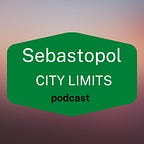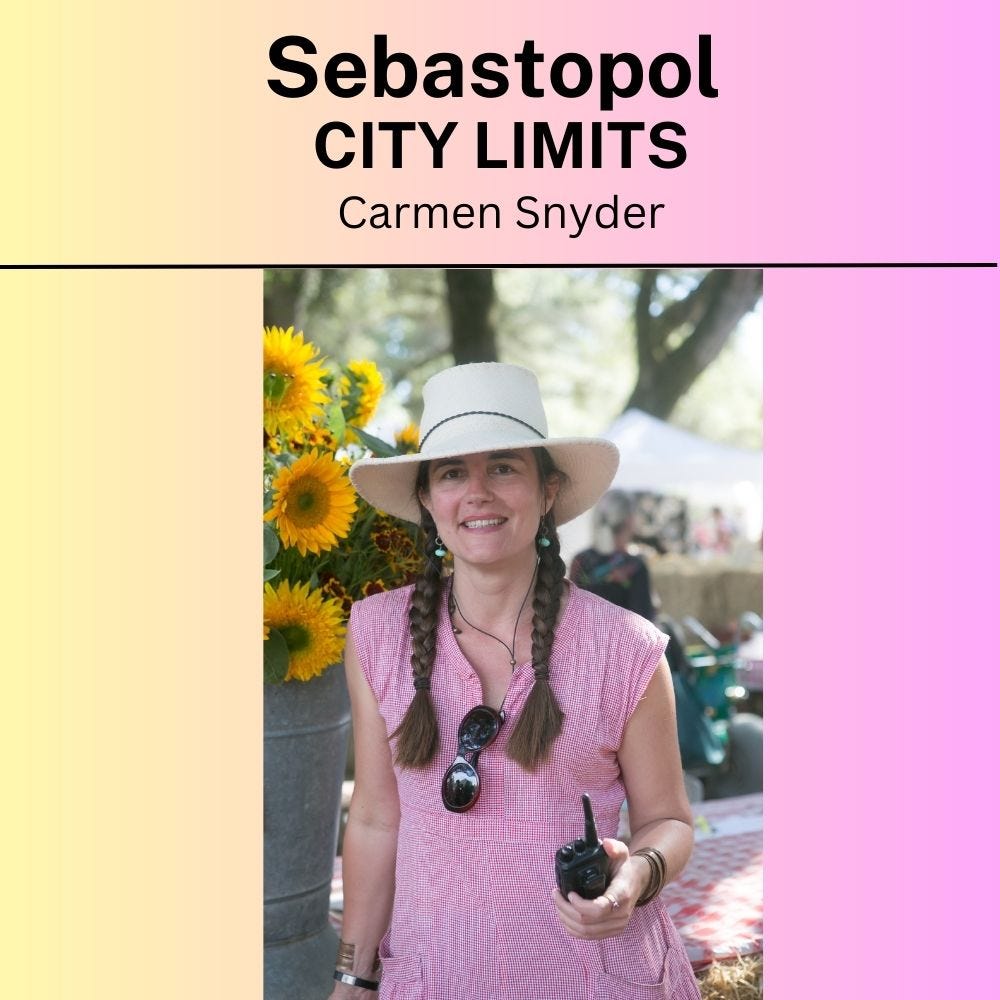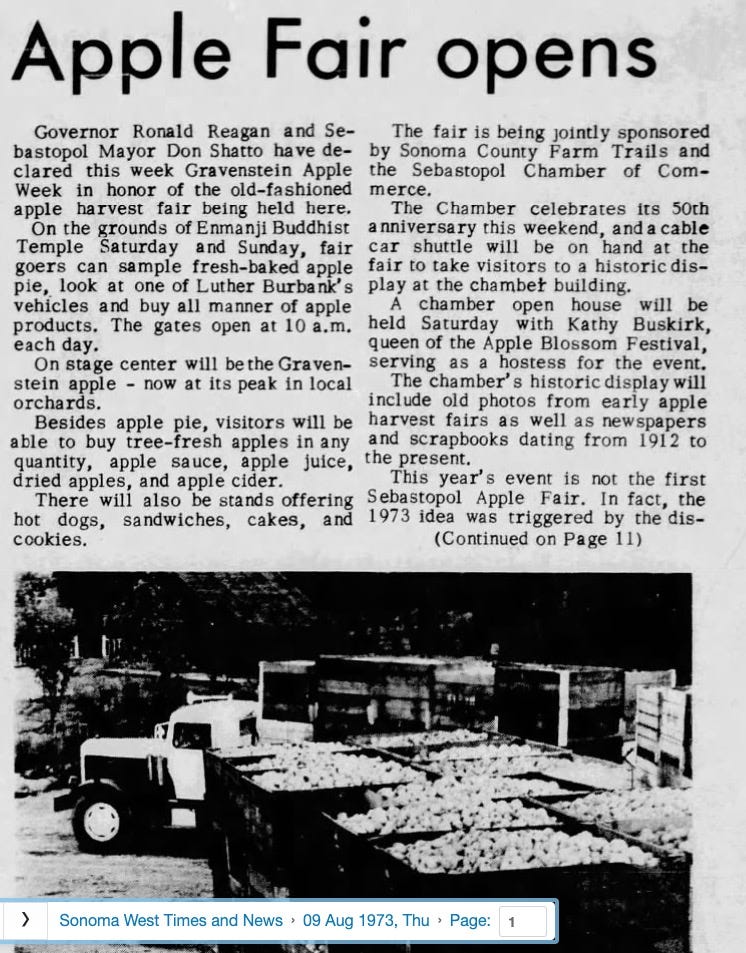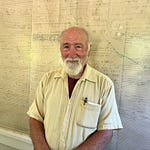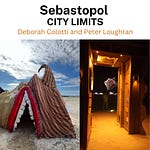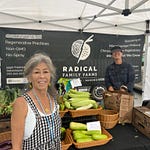Carmen Snyder is the executive director of Sonoma County Farm Trails and the producer of the Gravenstein Apple Fair at Ragle Park this weekend (August 12 & 13). In my conversation with Carmen, we talk about the Apple Fair at 50; it’s hardly news that the Gravenstein is still “the star of the show.” We talk about how the Fair has become a zero-waste event, how volunteers known as the Apple Corps play such a vital role, and the value of agritourism in connecting people to farmers and the production of food.
The very first Apple Fair was held in 1973 on the grounds of the Enmanji Buddhist Temple. The clipping below is from the Sebastopol Times of August 9, 1973 shows. Interestingly, in the summer of 1973, the City Council was in the process of choosing Ragle Park as the site of a new regional park over a site at the Laguna.
In her tenth year producing the fair, Carmen talks about Apple Alley where you can buy Gravensteins, as well as products made with the apples, as well as the musicians who will playing under the majestic oak trees.
Transcript
Dale: I'm happy to have Carmen Snyder join us on Sebastopol City Limits. Carmen is the executive director of Farm Trails and you've been there since 2012 is that right?
Carmen: I have. I have been the executive director of Farm Trails and the producer of the Gravenstein Apple Fair since the fall of 2012.
Dale: Wow. Ten years. That's great. It's the 50th anniversary of the Gravenstein Apple Fair, which ages all of us. We'll ask a little bit about that. The basic information though, the Gravenstein Apple Fair is coming up August 12th and 13th at Ragle Park in Sebastopol. My first question, are the Gravensteins going to cooperate and be ripe for the fair?
Carmen: Yes, they are.
Dale: Are they? You've made that happen. That's the chief job, isn't it?
Carmen: The Gravenstein is certainly the star of the show. I have been getting inquiries of people, being a little bit nervous. It's a later harvest this year, but I have been assured that we will have Gravensteins galore. And I actually saw in the flesh, my first Gravensteins today. I have them in hand.
Dale: That's great. There's nothing like a fresh Gravenstein so people can look forward to that. What are you most excited about for the fair?
Carmen: I'm really excited about this milestone of the 50th anniversary. We're really going with it with the golden anniversary theme. We have a costume contest for Sunday afternoon. We're encouraging and inviting all ages to come bedazzled and sparkly and gold.
I'm actually exactly as old as the fair and it's been so fun to go back through the archives and to do the flashbacks through each of the decades. I actually saw for the first time yesterday, a picture of the very first Gravenstein Apple Fair at Enmanji and the Apple installations that people used to do. And so it feels really special to commemorate this anniversary and to not only look at the past, but also we feel happy that we've made it this far, that we've continued to produce this beloved community event.
We've got some interesting panel discussions happening. Clark Wolfe always moderates panelists conversations at Life on the Farm, and on Saturday, it's going to be looking at the last 50 years of food and farming and agriculture in Sonoma County. Then Sunday is going to be focusing on the young farmers and the new farmers that are farming. So I think it's a really interesting intersection and inflection point to be looking back and also looking forward at the same time to be just sitting happily right here knowing that Farm Trails has been up to this for five decades.
Dale: And that is the agricultural heritage, but it's still a living thing today, right?
Carmen: Oh, absolutely. Part of the magic of the fair is that there's some nostalgia and kind of the vintage elements, the old fashioned things that you just don't see very often, like shearing and goat milking demos and ag games and pie eating contests and pie baking contests and the things that have been part of the roots of the fair for so long.
And. I do feel like the fair really has a modern sensibility too. For instance, we are being recognized quite a lot as a leader in zero waste for large events. Last year for 14, 000 people, the fair only produced three cubic yards of waste for the landfill, that's like the back of a pickup truck.
I am very excited about the, we have an amazing team working on this and it takes a lot of people ...
Dale: What are some of the things you do to create a zero waste event?
Carmen: Sure. One of the first things we do is it's garbage in, garbage out. So it all starts at the source. So we have very strict requirements for our food vendors or anybody who's serving or sampling any food. They have to comply with our requirements. We have a partnership with WorldCentric and we're able to offer discounted, truly compostable serviceware to them, or they can bring their own.
So we have a lot of control over what's being served at the fair and therefore what's being discarded at the fair. Then the second piece of the equation is to have staffed --we call them greening stations or there really are zero waste stations. So when we are setting up on site, we remove all the trash cans that are at the park.
So there's not an option to just throw something in a trash can. We have these staffed ecostations, and they have various receptacles, and our volunteers guide people through the process. Say that you have gotten a fabulous BLT sandwich from Black Piglet and you've got some crumbs left or crust.
The first thing you would do is scrape it into the pig food bin. Any food that's fit for pigs is first goes to the pig food and the volunteers talk you through this and how to sort your discards.
We invested last year in real silverware, which we loaned to the food vendors, and then it comes back to us and we wash it in a commercial kitchen. So then you have a place to drop your silverware. Your plate is fully, or your boat or whatever, your bowl is fully compostable.
So the compost doesn't look like the compost in your, backyard because the food has been scraped off. So it's just really a lot of dense paper. There might be some recycling because we do allow vendors to sell like lemonade or tea out of number two plastic cups that can be recycled but not the cups that say compostable because that's not compostable in our local facility.
So we're really strict about that. There might be some cans. Lastly is the trash that goes to the landfill and really most of the trash, the actual trash that gets created is like plastic wrap from the food vendors, like from bulk packaging. But it's very little trash. It's a lot of pig food.
Dale: That's good.
Carmen: And we also invested in glassware. So all of the alcoholic beverages that are served throughout the fair-- the beer, wine, and craft cider, you can bring your own cup, or you can purchase a glass at cost. So we're not trying to make any profit off of it, but we're not serving plastics at any of our drink stations.
Dale: I asked you what you're excited about, but what are you most worried about, given it's the days till the event?
Carmen: There's always the unexpected that you can't plan for. Like one times our porta potty showed up and they didn't have any toilet paper in them and that was like, Oh my gosh.
So I guess I'm worried about the unknown, the things that are beyond your control. And I sure hope we don't have a scorcher. We have invested this year in a lot of shade structures. Last year was really warm. And so I'm. I guess I'm worried about that too. Like I'd love to have the temperature be in the 80s. That would just be grand. We've got lots of drinking water.
Dale: You're also a music festival and my take from last year is that people really enjoyed just sitting down and listening to music under the oak trees there.
Carmen: Oh, it's such a good music lineup. Yeah.
Dale: So any highlights?
Carmen: The headliners on Saturday are Rainbow Girls followed by the Sam Chase and the Untraditional. And the headliners on Sunday are Royal Jelly Jive and Poor Man's Whiskey. And we also have The Crux, we have La Agencia. We have Erica Ambren and the Eclectic Soul Project. We've got Reckless Strangers, Wild Catahoulas, Cajun, Equishola. The Love Choir always starts off on Sunday morning. I feel like I'm forget somebody.
Dale: It's all right. It's all on your website. People can find that.
Carmen: Certainly yes, it's all on the website.
Dale: The other element, I think what makes the fair run is volunteers, right? You have a lot of volunteers.
Carmen: It takes so many volunteers. Our planning team is called the Apple Corps and we meet every month of the year and now we're meeting much more frequently. And that's about 40 people that are actively involved in the planning and really dedicated to this event, which is just super inspiring to me to see how much our community contributes. Then the weekend of the fair we have over 500 volunteer shifts. There are a lot of moving pieces, and it really does take a big crew to have it run smoothly.
Dale: Are you expecting more people than last year ?
Carmen: I think that we'll have about the same.
Dale: You had a good crowd there last year.
Carmen: We're pretty steady at 14 to 15,000.
Dale: Now, you've lost a parking lot, right?
Carmen: That one is usually a pristine soccer field, and we don't park on that. That's the valet bike parking spot usually. So we are bumping the bike parking to the adjacent lot.
We do have parking on site is limited and premium. And we do charge $10 cash for that. We also have two free shuttles that are running all the time from the satellite locations at O'Reilly Media on 116 and Holy Ghost Hall on Mill Station.
You can bike. If you're local, great idea to bike or walk. And of course, if you have a regional parks pass, we honor those. We don't charge on top of that.
Dale: Good. Is there anything else we should touch upon?
Carmen: Yes, I think we should, when you asked me what I was excited about, it's definitely the 50th, but it's also something new that we're doing this year, which is in terms of the layout, we've created Apple Alley. It used to be that the apple products were sprinkled throughout the whole fair and this year we decided -- right when you come through the entrance, you'll see Dutton Ranch with their organic apples that you can buy by the pound or the bag or the box and then all the way down the line all the way to Farm Trails Fritters, to North Coast Apple Juice and Applesauce. We'll have amazing apple products. So it's really front and center.
Everything Gravenstein that you can appreciate because it's an amazing apple and it's a short season and this is the primary annual fundraiser for Farm Trails.
So that's, part of the organizing mission of this event to raise funds for all the Farm Trails operations and initiatives throughout the year. And it's of course, to come together as a community and enjoy the park and and to honor the Gravenstein.
Dale: Tell me just a little bit more about what Farm Trails does apart from the fair.
Carmen: Sure. So Farm Trails, we are a membership organization. So we have almost 200 food and farm members. And it started back in 1973, like way before, obviously, internet and farmers markets. And these farmers got together and wanted, there were all these amazing farm stands around the county, and they wanted to facilitate direct sales.
They were really pioneers of the modern go local movement and also agritourism. So they printed this mapping guide and showed where the farm stands were and what they had to offer. And so we still print the mapping guide. We've printed the 50th anniversary edition this year and distribute it widely. It's free to the public.
Thirty years ago this fall, we started producing seasonal tours because the landscape was changing and farmers were going to farmers markets more and not staffing up their farm stands all the time, so they weren't broadly open to the public the way they used to be.
So we produce Weekend Along the Farm Trails in the fall, and then in the spring, Blossoms, Bees and Barnyard babies. So the end of the harvest season and the beginning of the season in the spring, where our farmers invite the public, free to the public, free to our farmers, and we just kind of market and produce the event where you can get out on the farm trails and chart your own course. And you can meet the farmers directly.
To me, the longer that I've been with Farm Trails, the more that I understand that agritourism, yes, it's about getting out in the country and enjoying the food and the animals and all of that, but it's also an education about what the true cost of well grown food is and what everything that goes into it. I think it has people understand our food system and how they fit into it better. I hope that they come away feeling awed and grateful, awed by and grateful for their farmers.
Dale: When you were in your early 20s, did you ever think you'd be organizing events like the Apple Fair?
Carmen: No, I was a middle school teacher. Those are many events that you organize, but then I moved to a intentional farming community outside of Asheville, North Carolina. And I got involved with organizing the Southeastern Permaculture Gathering. And I got to know my farmer neighbors really well. I was already into organic food, just for kind of health conscious reasons, but it just opened up a whole other level of connection and really wanting to support local farmers.
When I moved out here I wanted to meet my farmers and I got connected to Farm Trails and the rest is history. It's like different interests of mine have converged with this, both with Farm Trails and the Gravenstein Apple Fair and I love the non-commercial aspect of it. I love the programming element where we have experts in the field teaching low tech ways to make cider from your own trees or to ferment vegetables from your garden, which is something that I got really into in my early part. I like bringing this homesteading kind of backyard elements.
Dale: That's very nice to keep. It's nice to see them locally and pass that on to the next generation. Thank you, Carmen, for your time today. I know you've got a lot on your plate and I'm glad it worked out for us to talk.
Carmen: Me too. I'm glad we got connected and it's good to see you and I hope I'll see you at the fair.

